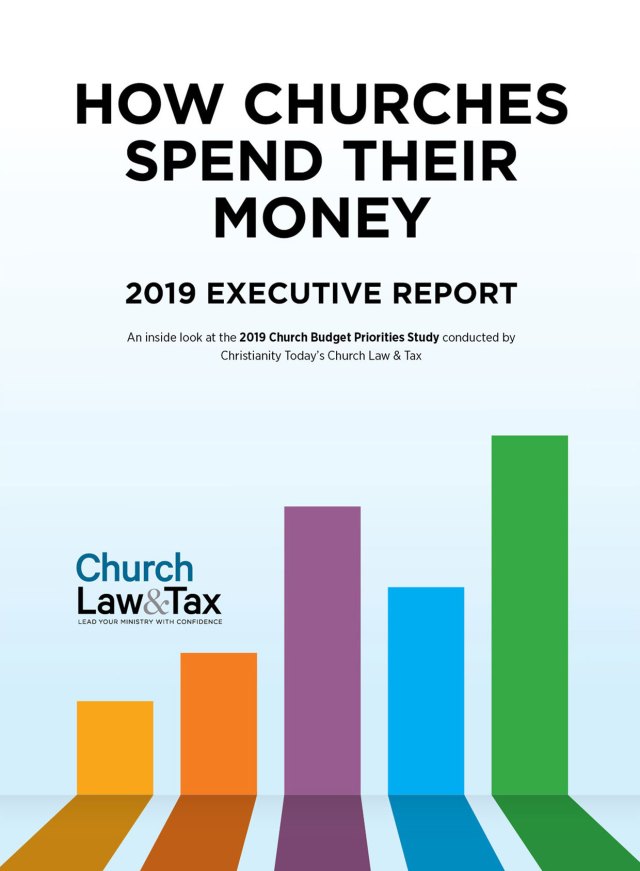Q: We have been supporting a pastor in South Sudan for many years. However, we have not been able to send him support for some time, due to the lack of a qualified organization (he’s currently displaced in Juba and serving other displaced people).
Churches often wish to support visiting missionaries through honorariums, but the process raises important legal and tax considerations. When deciding whether to give an honorarium to a missionary, factors such as visa restrictions, IRS guidelines, and international tax rules must be carefully evaluated.
Understanding Visa Restrictions
The ability to provide an honorarium depends largely on the type of visa the missionary holds. For example:
- Tourist Visa: Missionaries with a tourist visa cannot legally receive compensation for services rendered in the United States.
- Appropriate Work Visa: If the missionary’s visa permits them to receive compensation, a reasonable honorarium may be provided, similar to what you would pay any other guest minister speaking at your church.
Always confirm visa eligibility before offering any payment, as violations could result in legal complications for both the church and the missionary.
Tax Implications for Honorariums
When compensating nonresident aliens, US tax regulations apply based on specific criteria:
- Personal Presence Test: The individual must be in the US for fewer than 90 days within a calendar year.
- Income Test: Payments for services in the US must not exceed $3,000 in a calendar year.
- Canadian and Mexican Residents: The individual must be in the US for fewer than 183 days in a calendar year.
If these conditions are not met, churches must withhold 30% of the payment, unless a tax treaty provides a lower rate. To confirm eligibility for reduced withholding, the missionary must provide the church with IRS Form W-8ECI.
Exemptions and Documentation
Some missionaries may qualify for withholding exemptions by submitting IRS Form 8233, which requires a taxpayer identification number (obtained using Form W-7). The church must send Form 8233 to the IRS at least ten days before issuing any payments. Without proper documentation, the mandatory 30% withholding applies.
Steps for Churches to Follow
To ensure compliance, churches should:
- Verify the missionary’s visa status and eligibility for receiving compensation.
- Determine if the personal presence and income tests are met to avoid unnecessary withholding.
- Obtain and submit all required IRS forms, such as Form 8233 or Form W-8ECI, in a timely manner.
- Issue Form 1042-S to the missionary for tax reporting and file the original with the IRS.
FAQ: Honorariums to Missionaries
- Can a missionary with a tourist visa receive an honorarium?
No, a tourist visa does not permit compensation for services rendered in the United States. - What forms are needed to reduce or exempt withholding?
Missionaries must submit IRS Form 8233 or Form W-8ECI, depending on their circumstances. - What is the standard withholding rate for nonresident aliens?
The standard rate is 30%, but treaties may allow for a lower rate with proper documentation. - What documentation should the church provide?
The church must issue Form 1042-S for any withholding and file it with the IRS.
For additional guidance on withholding and tax treaties, visit the IRS International Taxpayers page or consult resources from the US Department of State Visa Services.





